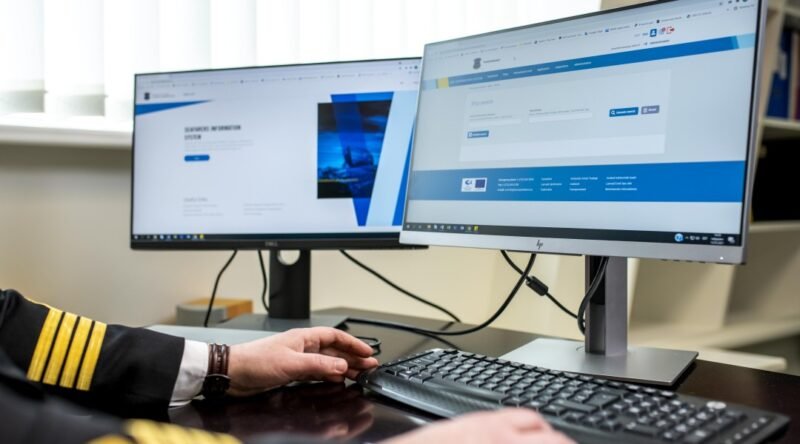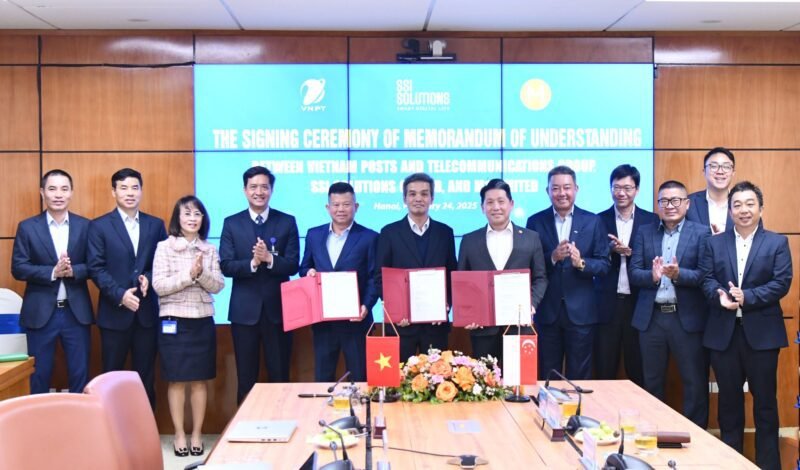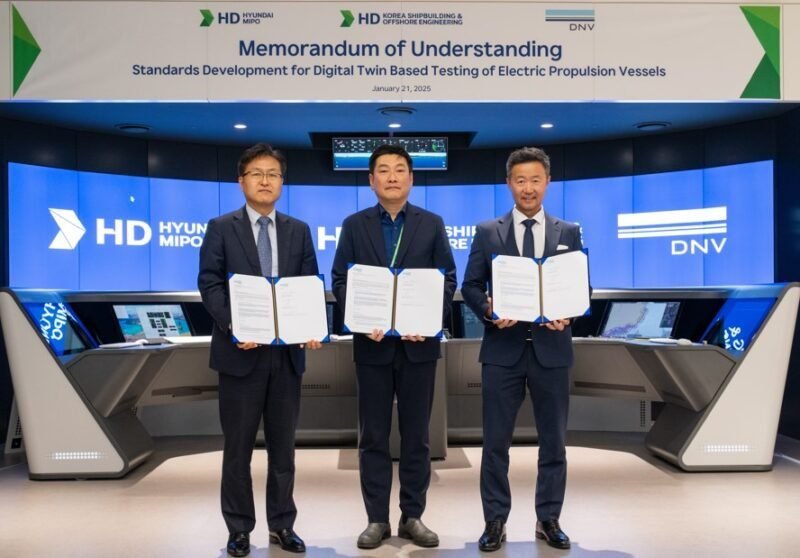ABL has teamed up with the University of Strathclyde and the University of Plymouth to create decision-making software that aims to support decarbonization efforts within the maritime industry. This software is targeted towards helping stakeholders such as shipowners, charterers, port managers, and policymakers navigate the complexities of evolving decarbonization policies and technological uncertainties. It is designed to assist in developing decarbonization roadmaps, evaluating investment pathways, and making informed decisions, while also providing benefits to financial institutions and insurers involved in related policies.
The project, co-funded by Innovate UK and set to run for 24 months, will involve software engineers collaborating with ABL’s maritime decarbonization team in London, leveraging expertise from the academic partners. The software development will draw on the partners’ knowledge in maritime operations, vessel and port design, energy and emission modeling to provide advanced predictive analysis and simulations. This will enable clients to better navigate the complexities and uncertainties of their decarbonization strategy.
Stefano Scarpa, Associate Director for Maritime Decarbonization & Global Emissions Consulting Lead at ABL, emphasized the importance of leveraging expertise in maritime operations and emissions modeling to develop the new software. The goal is to offer advanced predictive analysis and simulations that will assist clients in making informed decisions and navigating the challenges of decarbonization strategies. This collaborative effort between ABL and academic partners underscores a commitment to advancing sustainable practices within the maritime industry.


















